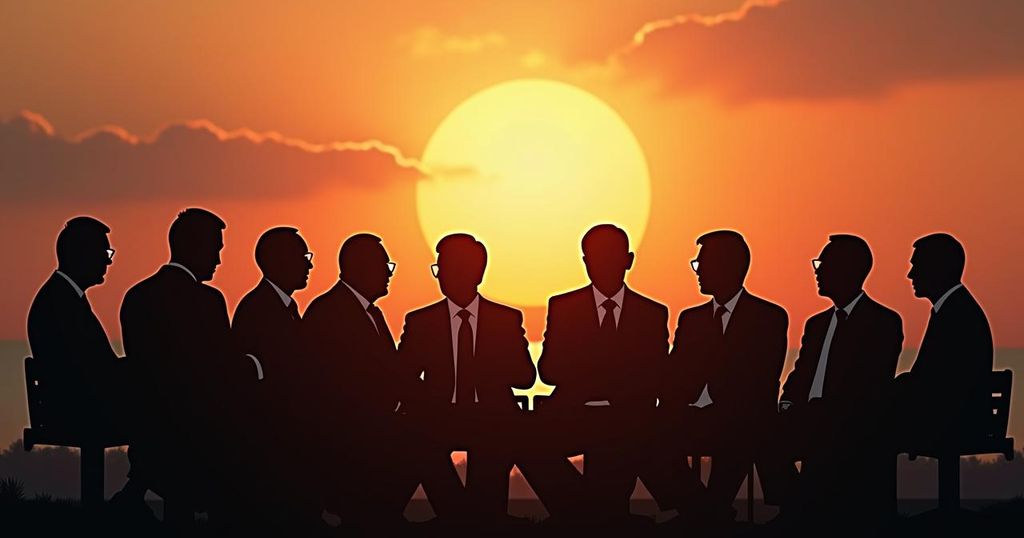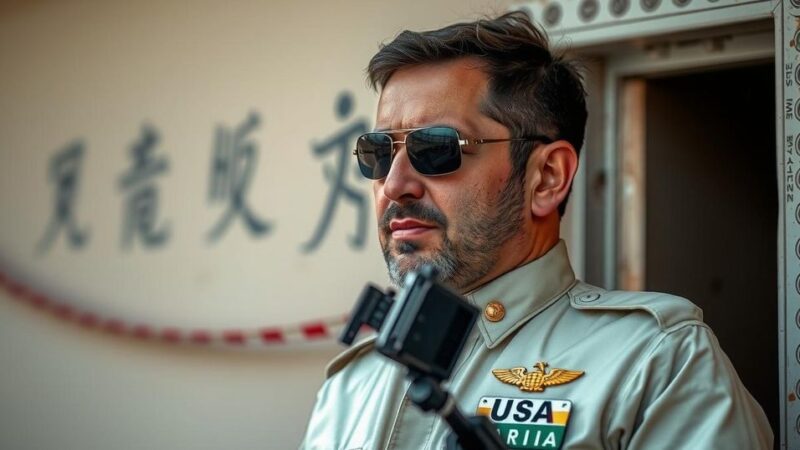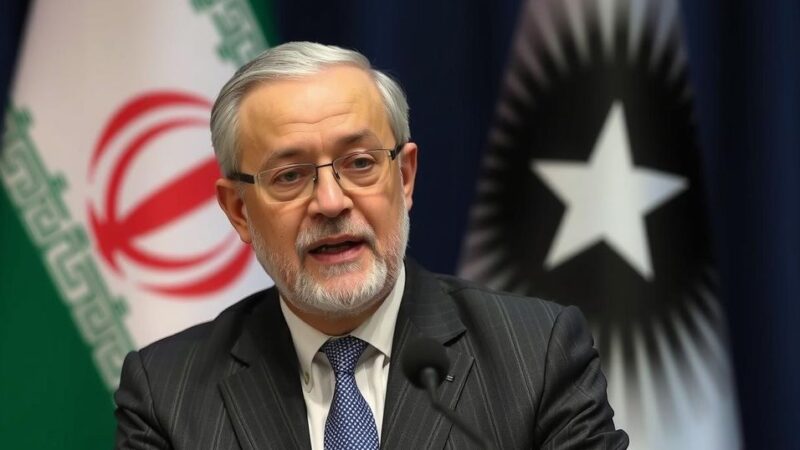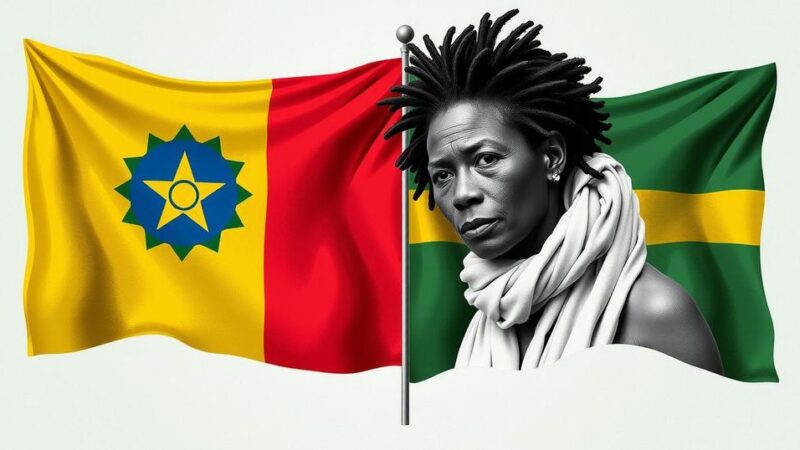Southeast Asian leaders convened in Laos for the annual ASEAN summit, addressing pivotal issues such as the civil war in Myanmar and tensions in the South China Sea. With participation from global powers like the U.S., China, and Russia, discussions aim to enhance regional cooperation. The effectiveness of ASEAN in mediating these conflicts is under scrutiny, especially as it seeks to uphold unity among its members while responding to external pressures.
On Wednesday, leaders from the Association of Southeast Asian Nations (ASEAN) convened in Vientiane, Laos, for their annual summit, which is primarily focused on addressing the ongoing civil conflict in Myanmar and the territorial disputes in the South China Sea. These two pressing issues pose significant challenges to ASEAN’s unity and effectiveness. Following the summit, discussions with major global powers—namely China, the United States, and Russia—are set to take place over the next two days, indicative of the geopolitical interests at play within the region. The ASEAN meeting is timely, likely leading to conversations regarding the increasingly complex situation in the Middle East, although Southeast Asia has primarily experienced indirect repercussions. Historically, ASEAN’s capability to influence its member states has been somewhat restricted; nevertheless, this forum serves as a crucial avenue for engagement with superpowers across various issues, including economic collaboration, climate change, and energy policies. Lao Prime Minister Sonexay Siphandone welcomed new leaders from Thailand and Singapore, emphasizing the importance of mutual support and collaboration within ASEAN. At only 38 years old, Thailand’s Prime Minister Paetongtarn Shinawatra represents the bloc’s youngest leadership, while Singapore’s Lawrence Wong has recently succeeded Lee Hsien Loong after two decades of service. Vietnam’s representation comes from Prime Minister Pham Minh Chinh, as President To Lam has just assumed office. Indonesia’s President Joko Widodo is absent, delegating the Vice President to participate instead. The meetings will address U.S.-China relations, predominantly focusing on Beijing’s contentious actions in the South China Sea, where multiple ASEAN nations maintain overlapping territorial claims. Given China’s assertive approach, especially concerning Philippines and Vietnam’s maritime rights, tensions have escalated, including maritime clashes and incidents involving fishing vessels. U.S. Secretary of State Antony Blinken represents America at this summit in lieu of President Joe Biden. He is anticipated to urge ASEAN members to sustain pressure on the military regime in Myanmar amidst a deteriorating humanitarian situation and a lack of significant progress on ASEAN’s proposed peace plan. With elections planned by Myanmar’s junta for next year, U.S. officials express concerns regarding their legitimacy amidst ongoing violence. Myanmar is represented at the summit by Foreign Ministry permanent secretary Aung Kyaw Moe, marking a notable return after the nation was barred from sending political leaders following the military coup in 2021. However, allowing a senior official from Myanmar to participate could be perceived as a compromise on ASEAN’s part, raising questions about the organization’s effectiveness in addressing the ongoing crisis. Thailand has scheduled an informal regional meeting on Myanmar for December, although participation from the affected country remains uncertain. Overall, the ASEAN summit in Laos presents a fundamental platform to address pressing regional issues, yet there are doubts regarding the ability to achieve meaningful resolutions, given the conflicting interests of member states and their relations with China.
The ongoing civil war in Myanmar began after the military seized power in 2021, ousting an elected government, which has led to widespread unrest and violence against pro-democracy groups. Additionally, territorial disputes in the South China Sea have intensified, with China asserting claims over virtually the entire area, creating tensions with several ASEAN nations. The effectiveness of ASEAN has been questioned due to its limited capacity to mediate conflicts among member states. The bloc must navigate complex geopolitical dynamics involving superpowers like the U.S. and China while addressing the humanitarian crisis in Myanmar and territorial integrity.
The ASEAN summit in Laos serves as a vital forum to discuss the critical issues facing the region, particularly the ongoing civil war in Myanmar and the territorial disputes in the South China Sea. While there is potential for dialogue among the member states and external powers, the prospects for significant outcomes appear limited due to competing interests, particularly regarding relations with China. Maintaining pressure on Myanmar’s military government remains a crucial point of concern for U.S. officials, amidst calls for genuine progress in addressing humanitarian needs and promoting peace within the region.
Original Source: www.thespec.com







